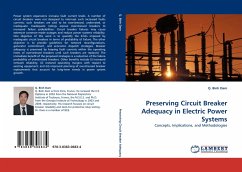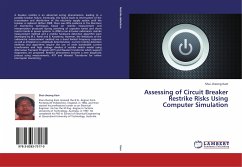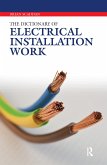Power system expansions increase fault current levels. A number of circuit breakers were not designed to interrupt such increased faults currents; such breakers are said to be overstressed, underrated, or inadequate. Inadequate ratings expose overstressed breakers to increased failure probabilities. Circuit breaker failures may cause extensive common-mode outages and reduce power systems reliability. One objective of this work is to quantify the limits imposed by inadequate circuit breakers in terms of probability of failure. The other objective is to provide guidelines for network reconfigurations, generator commitment, and economic dispatch strategies. Breaker adequacy is preserved by keeping fault currents within the operating limits of overstressed breakers until such breakers are replaced. The immediate benefit of the proposed strategies is a reduction of the failure probability of overstressed breakers. Other benefits include (i) increased network reliability, (ii) restoredoperating margins with respect to existing equipment, and (iii) improved planning of overstressed breaker replacements that account for long-term trends in power system growth.
Bitte wählen Sie Ihr Anliegen aus.
Rechnungen
Retourenschein anfordern
Bestellstatus
Storno








